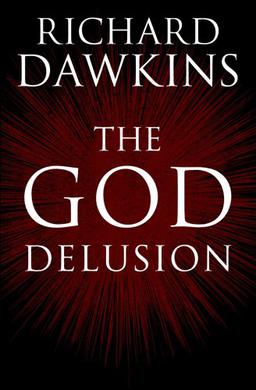Richard Dawkin's "The God Delusion" had that affect on me. (an absolute MUST read for anyone interested in spirituality)

In the book, Dawkin's identifies; among other things, the classification of children based on spiritual belief. He is firm on the belief that labelling a child a "Catholic child", an "Islamic child" or any other variant, is just as benign as labelling someone a "Marxist child". Therein lies a problem; Catholic schools and other versions of these schools dictate a child's spirituality. I find a fundamental problem in labelling a child, someone who cannot even begin to understand the implications of life, with doctrines that may well dictate their lives. With this perspective, I can identify with why Noboru and his gang hate the concept of parenting. The idea of someone forcibly enculturating their beliefs onto a child is in itself a form of bigotry.

The problem with this is that Noboru himself is no different. Noboru is a bigot.
When Noboru notices Ryuji's fall from grace; his transition from being a sailor to a father, Noboru and his gang are quick to act. By the end of the novel; although it is never written, it is implied that the gang kill Ryuji to return him to his lost glory. This act is no different than the stoning of women, the holocaust, 9/11, and the innumerable range of events that stem from strong, fundamental belief systems. In all of these cases, an individual, or a group of individuals physically enforces their beliefs at the expense of another human being. The irony in this is that Noboru himself eventually becomes what he despises most, someone who forces their ideologies upon others.


